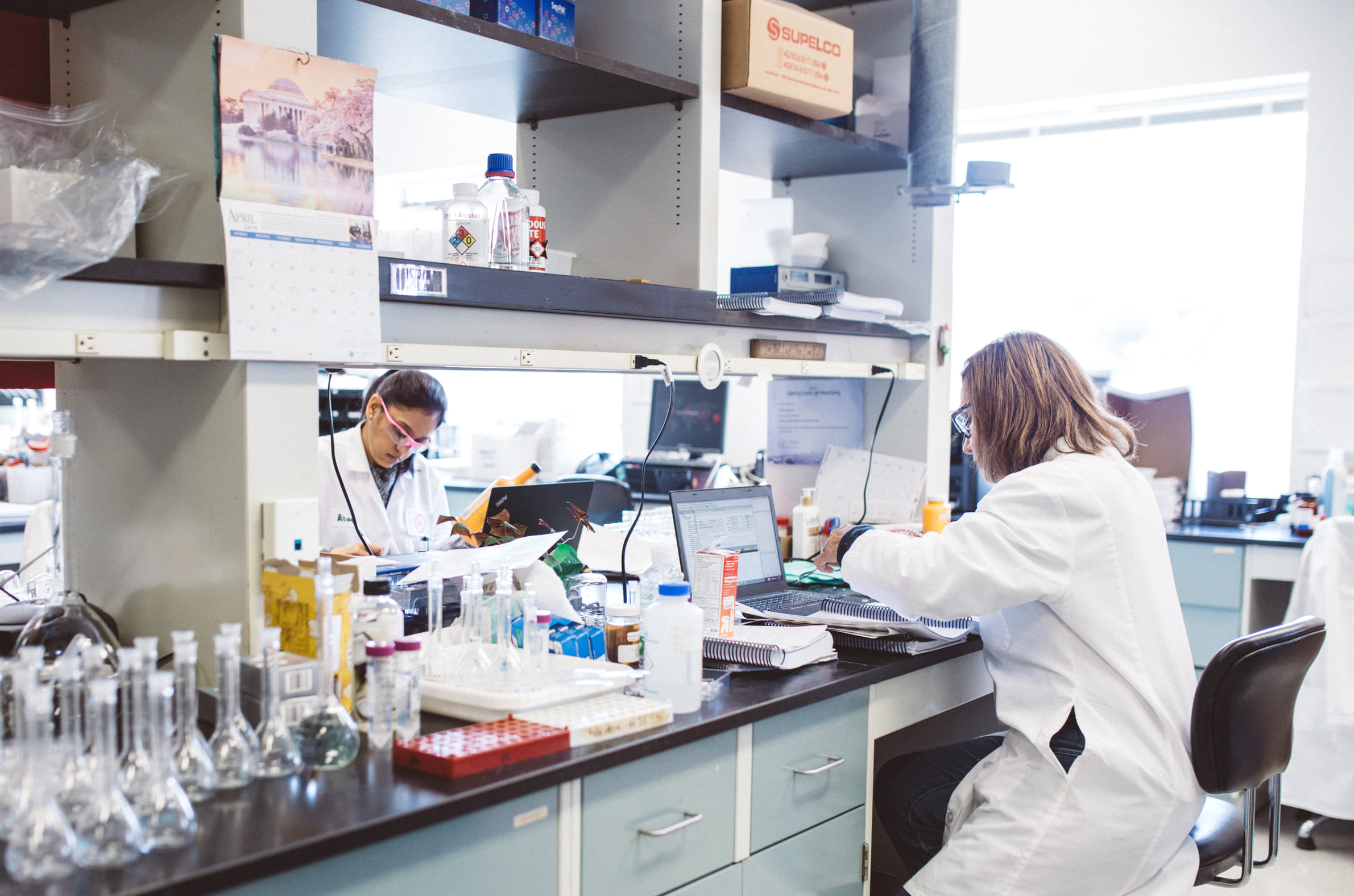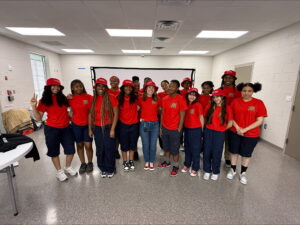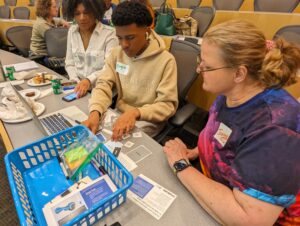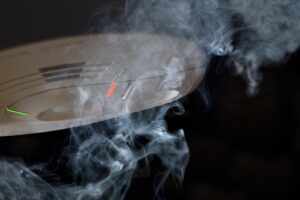Chemical Insights and Duke University Research How Air Pollution Impacts Asthmatic Children

Findings center around acute respiratory responses of school children
Chemical Insights Research Institute of UL Research Institutes, announced today the findings from its research collaboration with Duke University on the influence of outdoor and indoor air pollution on asthmatic children was published in JAMA Pediatrics, a journal of the American Medical Association. This study is the first to document that physiological improvements occur in children’s small airways when air filters designed to trap ambient fine particulate matter (PM2.5) are in use.

“Our research offers insights on solutions to combat the effects of those pollutants among sensitive groups,” said Dr. Marilyn Black, vice president and senior technical advisor for Underwriters Laboratories.
The research was conducted with a number of acclaimed academic scientists and medical professionals working toward reducing health risks associated with exposure to indoor and outdoor air pollution. There is a particular concern for children, since they are one of the most vulnerable populations.
“Children spend over 85% of their time in their homes and schools where the indoor air quality is influenced not only by outdoor pollutants that find their way inside, but also by sources of PM2.5 and volatile organic compounds (VOCs) coming from cooking-related activities, cleaning product use and even emissions from building materials and furniture,” said Dr. Black. “Our research offers insights on solutions to combat the effects of those pollutants among sensitive groups.”
The double-blind crossover study was conducted in a Shanghai, China suburb. A study group of children with mild to moderate asthma were given two air filters to use in their bedrooms. One was a high-efficiency particulate air (HEPA) filter capable of removing PM2.5, and the other was a sham filter with minimal particle removal efficiency. Each filter was used for two weeks in random order with a two-week interval in between, and children were medically monitored during the study.
Results showed that PM2.5 concentrations inside the children’s bedrooms were one-third to two-thirds lower when the real (HEPA) air filters were in use than when the sham filters were used. Children in the study experienced decreased airway resistance and lung inflammation and increased airway elasticity, among other benefits.
“Although the benefits lasted only as long as the real air filters were in use, it’s probable that if children use the filters on an ongoing basis, they will continue to see benefits,” said Dr. Junfeng Zhang, professor of global and environmental health at Duke University’s Nicholas School of the Environment. “Our results show that using an air purifier to reduce the exposure of lower airways to pollutants could help asthmatic children breathe easier.”
An abstract of the journal article is available on the Chemical Insights website and the full article is available on JAMA Pediatrics.
About Chemical Insights Research Institute
As an institute of Underwriters Laboratories, we deliver the scientific insight policymakers, healthcare providers, business leaders and consumers depend on to make informed environmental health decisions. Combining the best minds, rigorous scientific research and a commitment for thorough and accurate results, Chemical Insights is improving the health of people and the planet.
Our work lets people around the world know what chemicals are in the air we breathe, the water we drink, and the products we interact with every day. Our research and initiatives gives them the knowledge of exactly what those chemicals are, how they may affect human health, and how to manage their impact. Our leadership role is to provide science or knowledge to implement improved practices, alternative product design, and changes that enable safer products and healthier environments.
To learn more, please visit chemicalinsights.org.
About Underwriters Laboratories
Underwriters Laboratories is a nonprofit organization dedicated to advancing the UL public safety mission through the discovery and application of scientific knowledge. We conduct rigorous independent research and analyze safety data, convene experts worldwide to address risks, share knowledge through safety education and public outreach initiatives, and develop standards to guide safe commercialization of evolving technologies. We foster communities of safety, from grassroots initiatives for neighborhoods to summits of world leaders. Our organization employs collaborative and scientific approaches with partners and stakeholders to drive innovation and progress toward improving safety, security, and sustainability, ultimately enhancing societal well-being. To learn more, visit UL.org.
Contacts
Bert Kelly
Chemical Insights Research Institute
UL Research Institutes
Bert.Kelly@ul.org
PUBLISHED









